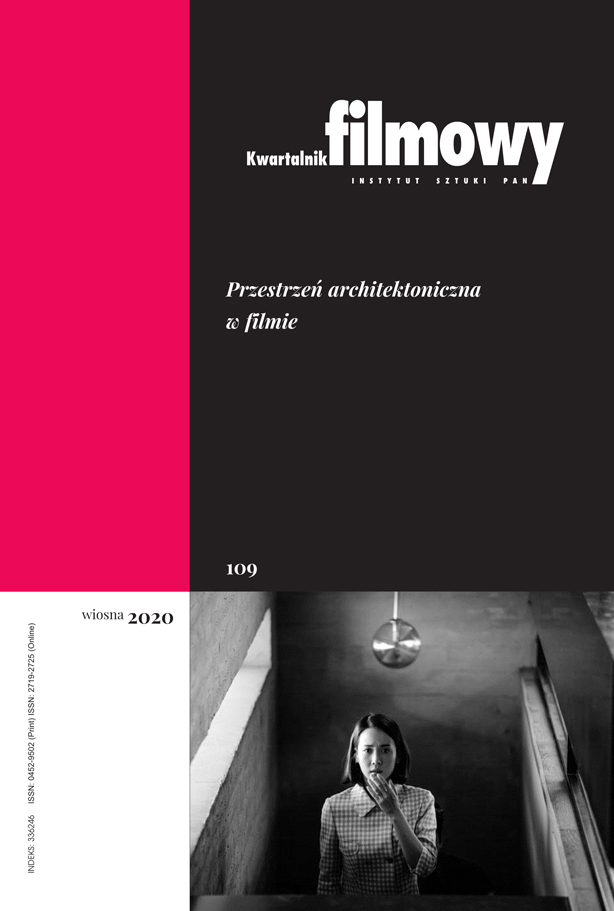Built as Rain. Film Analysis of Unbuildable Architectural Speculations – a Case Study of „Instant City” (dir. Peter Cook and Ron Herron, 1968) and „The Zero Theorem” (dir. Terry Gilliam, 2013)
Built as Rain. Film Analysis of Unbuildable Architectural Speculations – a Case Study of „Instant City” (dir. Peter Cook and Ron Herron, 1968) and „The Zero Theorem” (dir. Terry Gilliam, 2013)
Author(s): Maciej StasiowskiSubject(s): Fine Arts / Performing Arts, Architecture, Visual Arts, Film / Cinema / Cinematography
Published by: Instytut Sztuki Polskiej Akademii Nauk
Keywords: architecture;Archigram;Terry Gilliam;space representation;
Summary/Abstract: The introduction of time-based media into the design stage opened up a new understanding of architectural and represented space as a dematerialized, dynamic, and user-dependent concept. Unbuildable architectural projects always relied on specific techniques and media. Their radical nature usually channelled innovative artistic currents and visualization tools, like collage and pop art aesthetics in the works of Archigram. Cinema is yet another ground for such deliberations. With "Instant City" (Archigram’s Peter Cook and Ron Herron) and "The Zero Theorem" (Terry Gilliam) the problem of dematerialization is being channelled by architectural/spatial proposals that involve a range of literary tropes, cultural texts, and filmic intertexts, in order to create a rich embroidery of references that forward a new look upon architectural production as a practice of creating protocols for dynamic and all the more elusive imagery. This article’s central objective lies in the task of reframing a discussion on iconicity, media facades, and mutative building skins, so as to include modes of cinematic portrayal that are not just contents of architectural “messages”, but also their “media”.
Journal: Kwartalnik Filmowy
- Issue Year: 2020
- Issue No: 109
- Page Range: 159-176
- Page Count: 18
- Language: English

